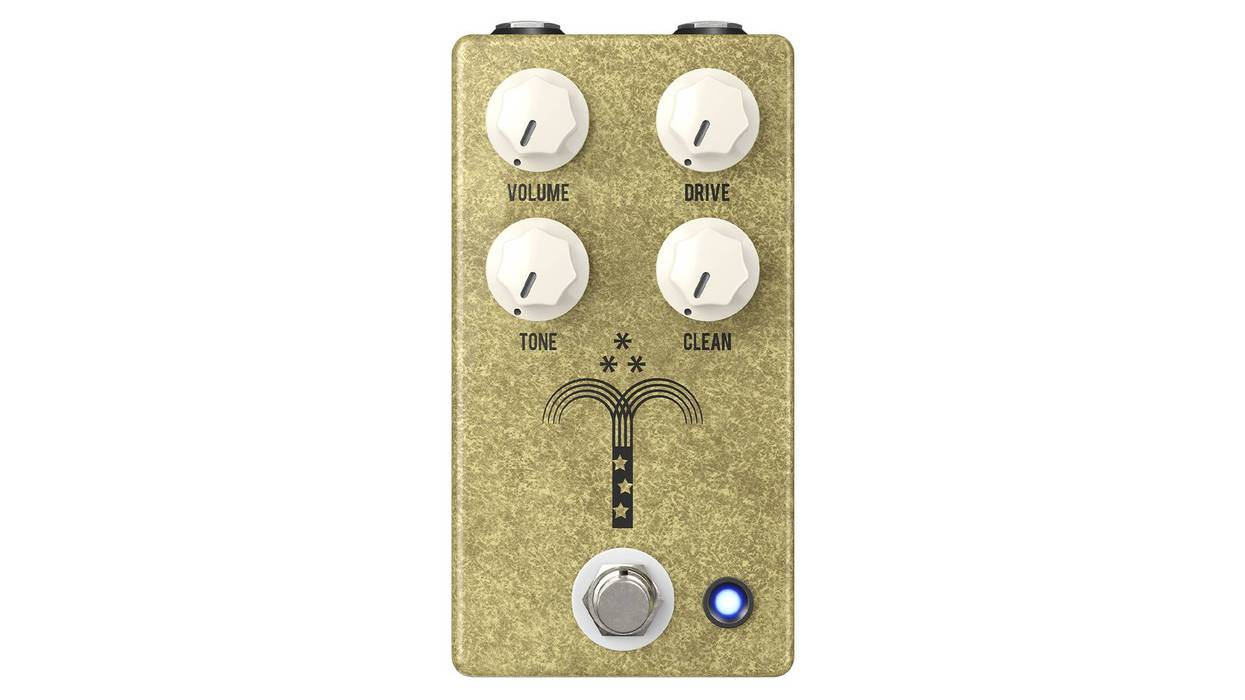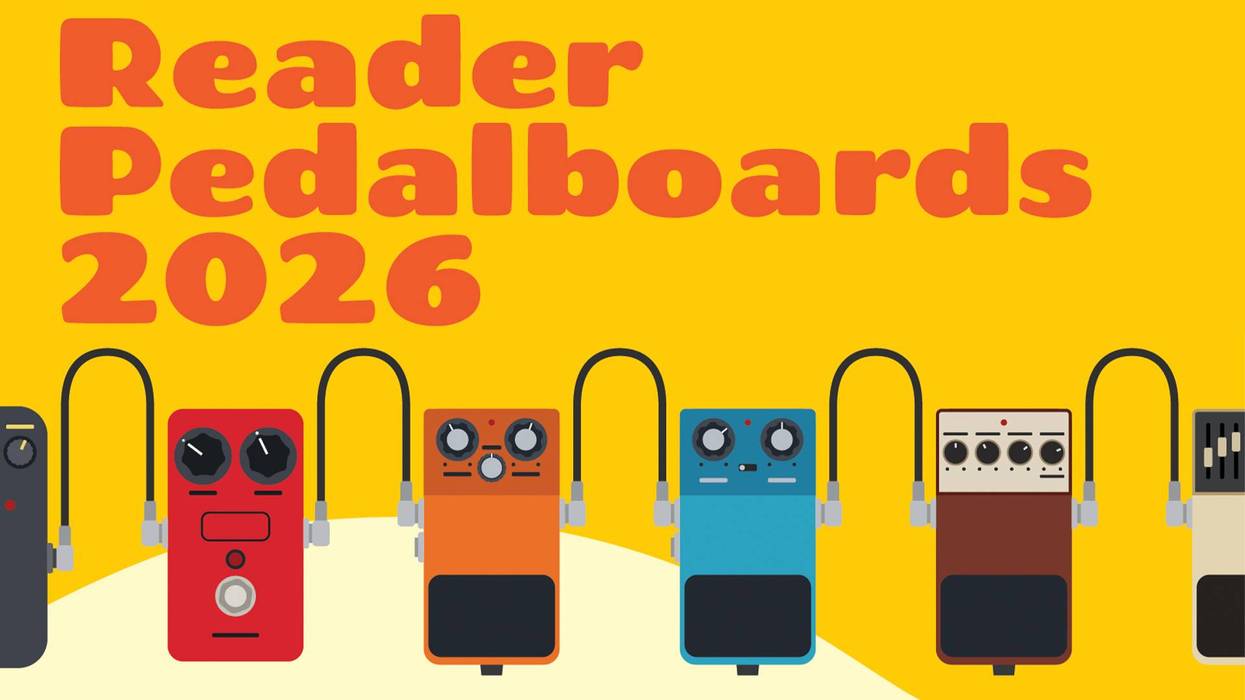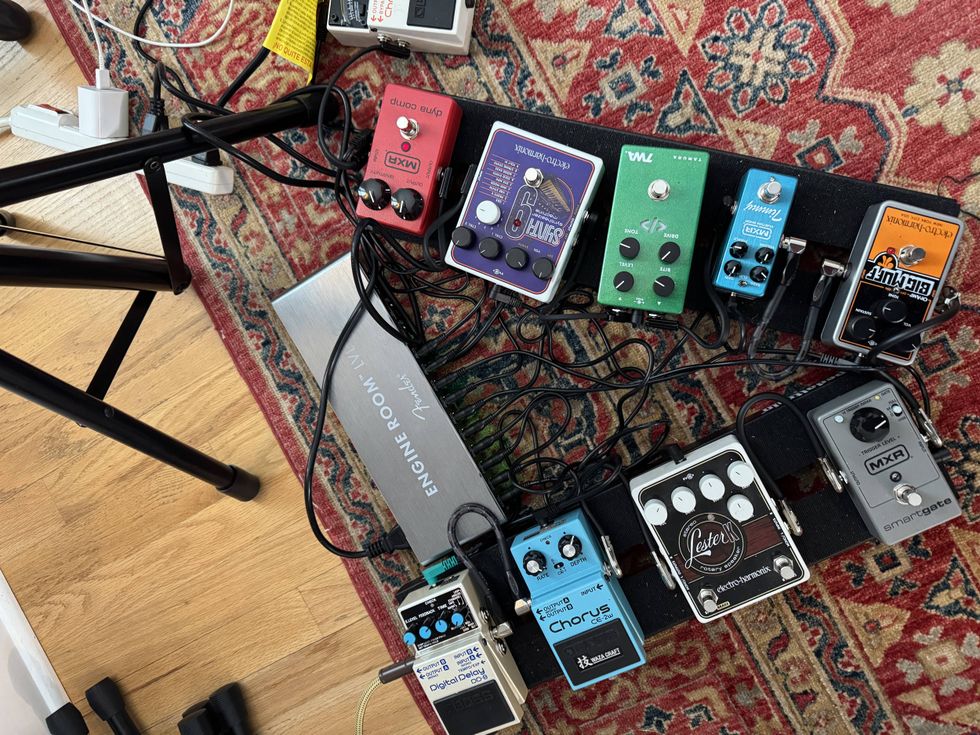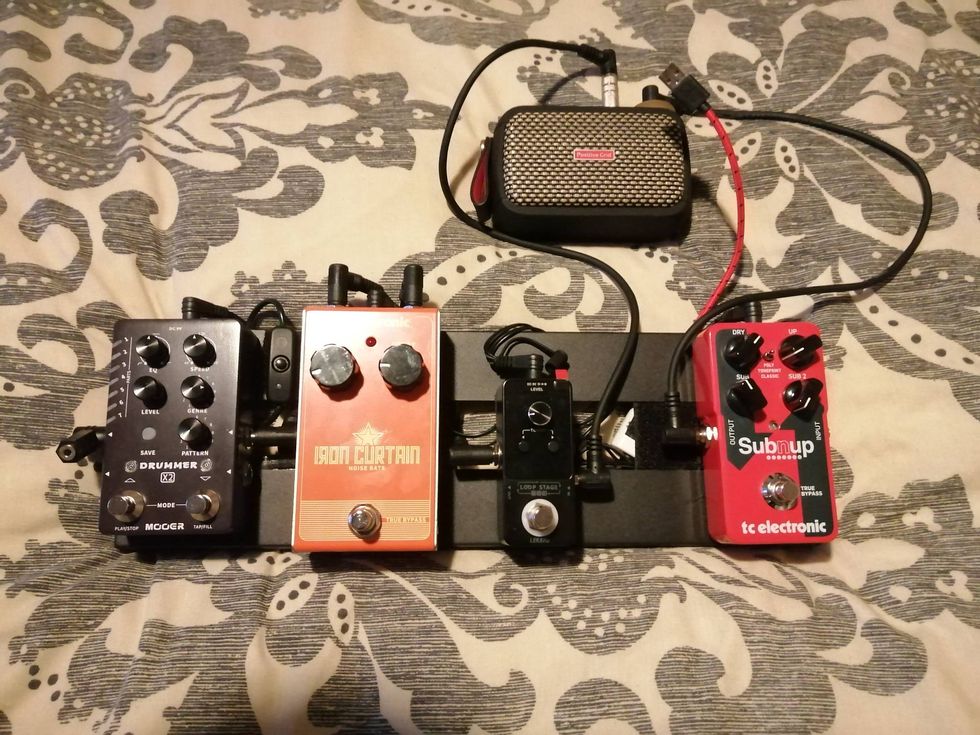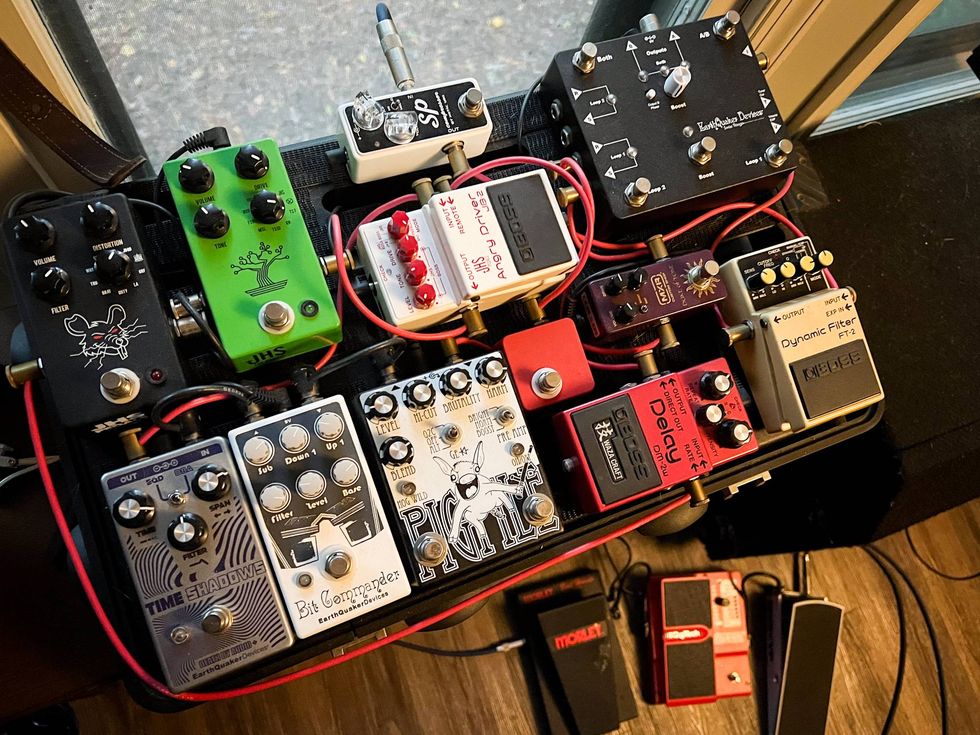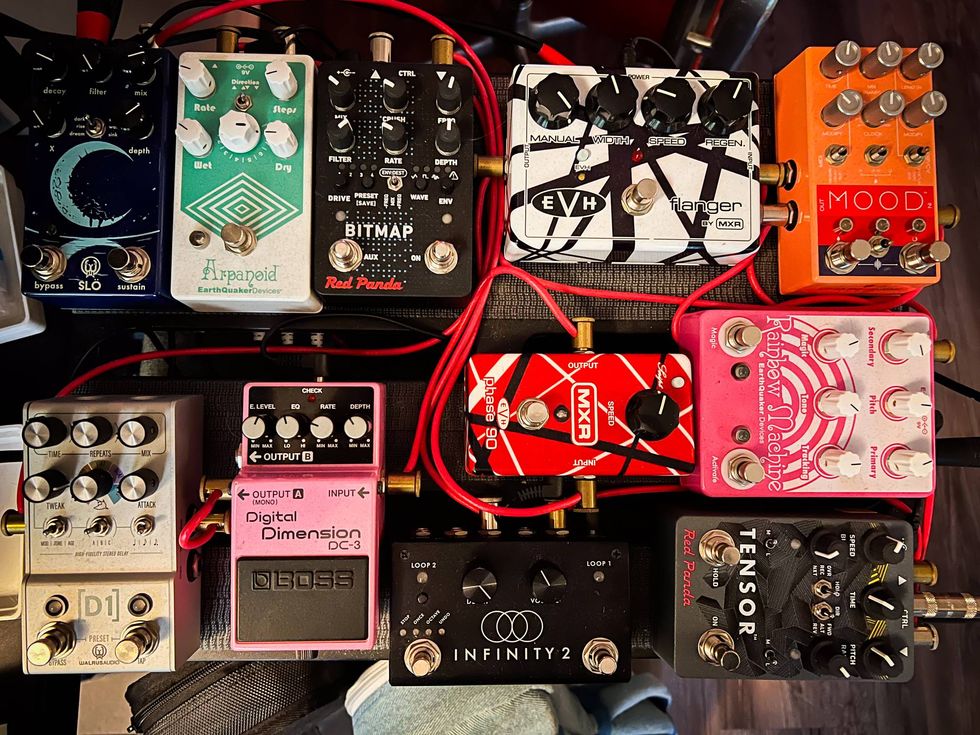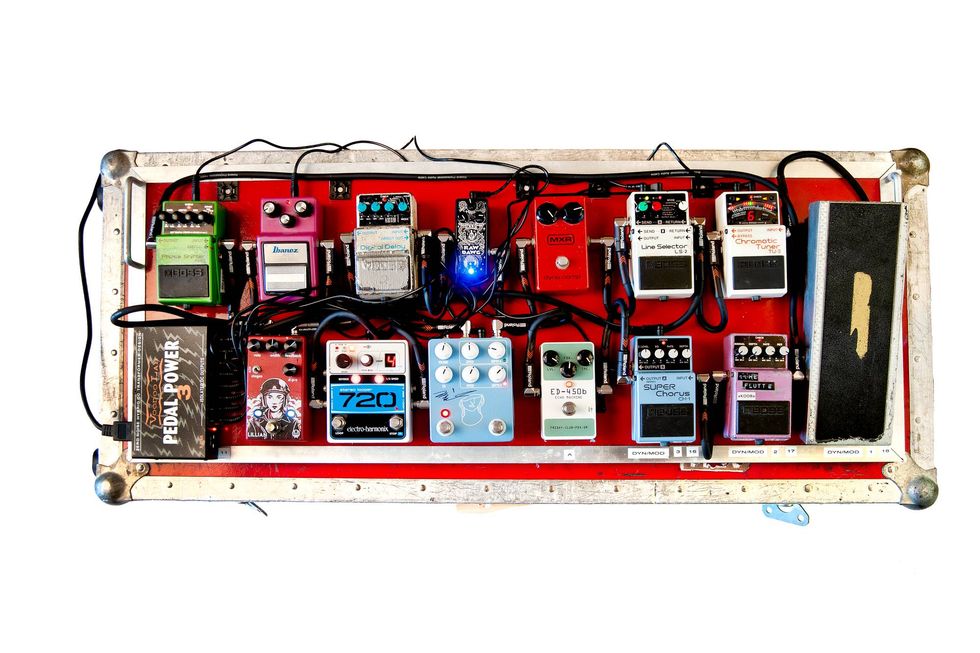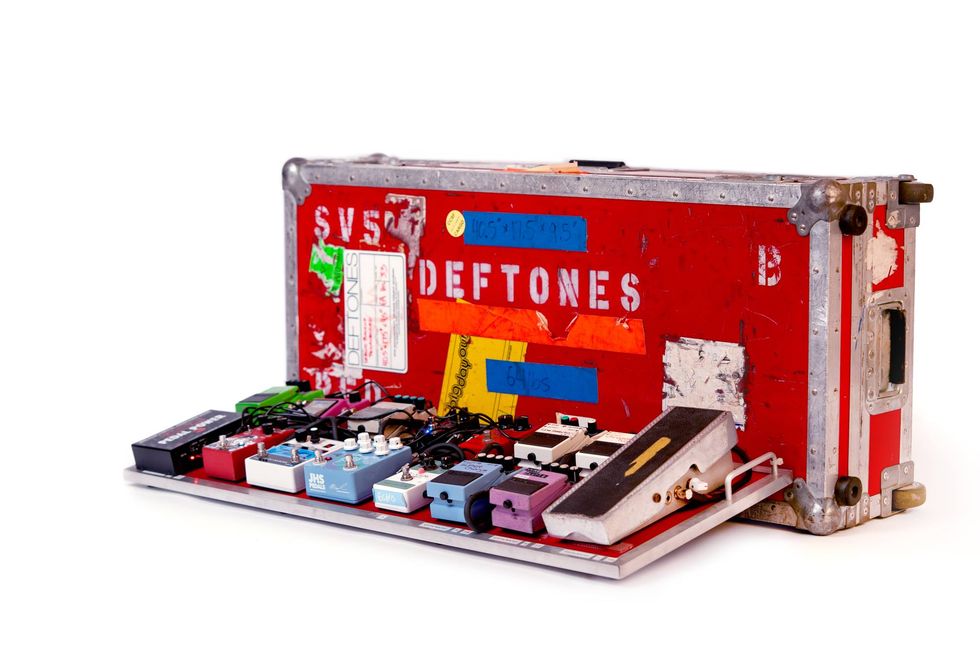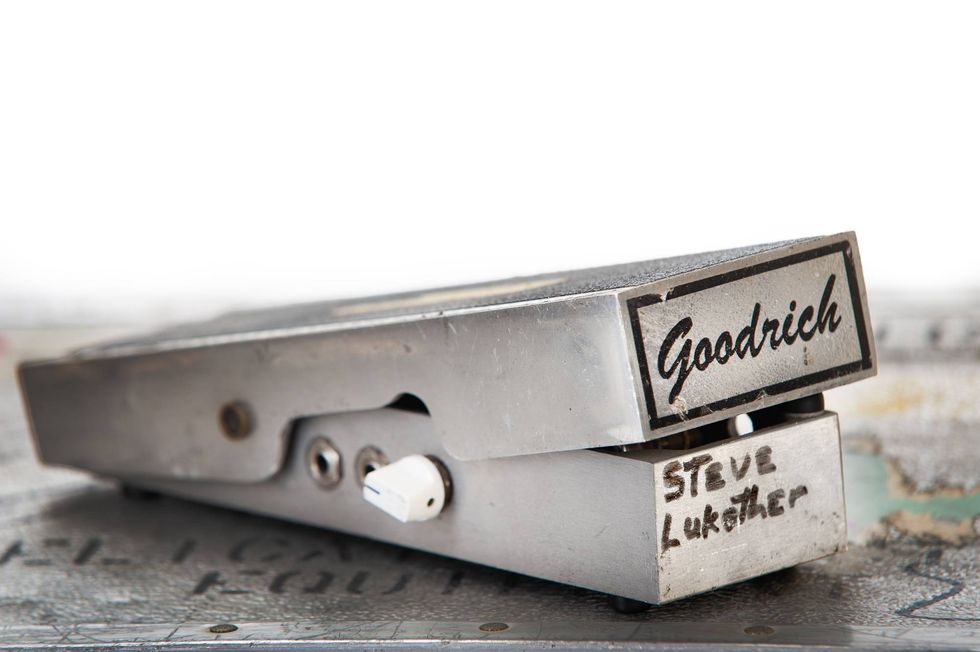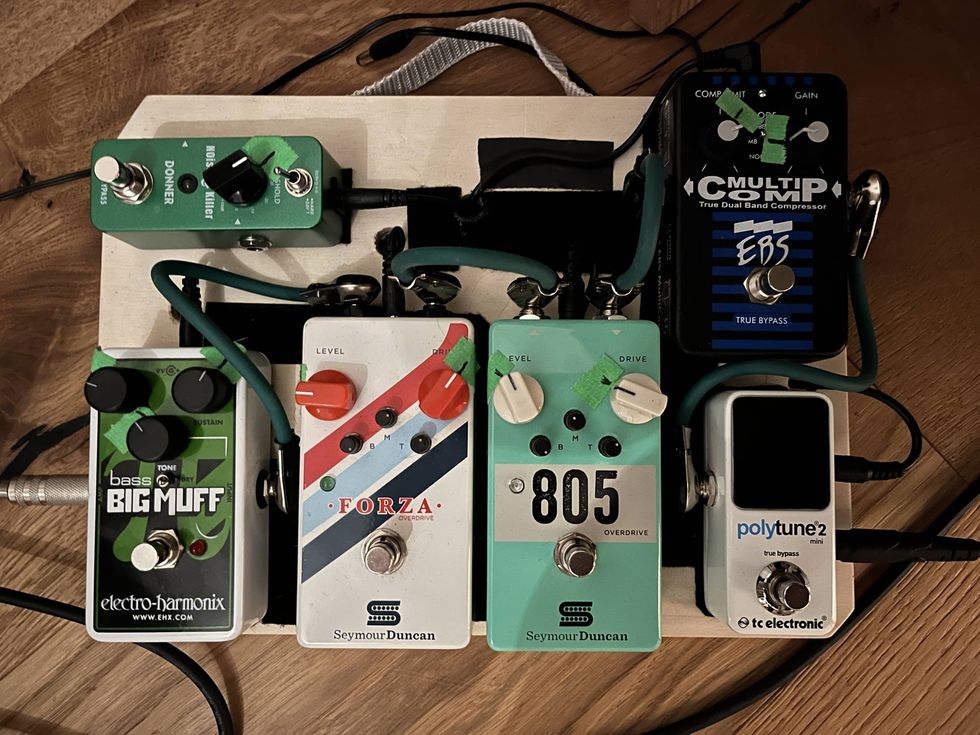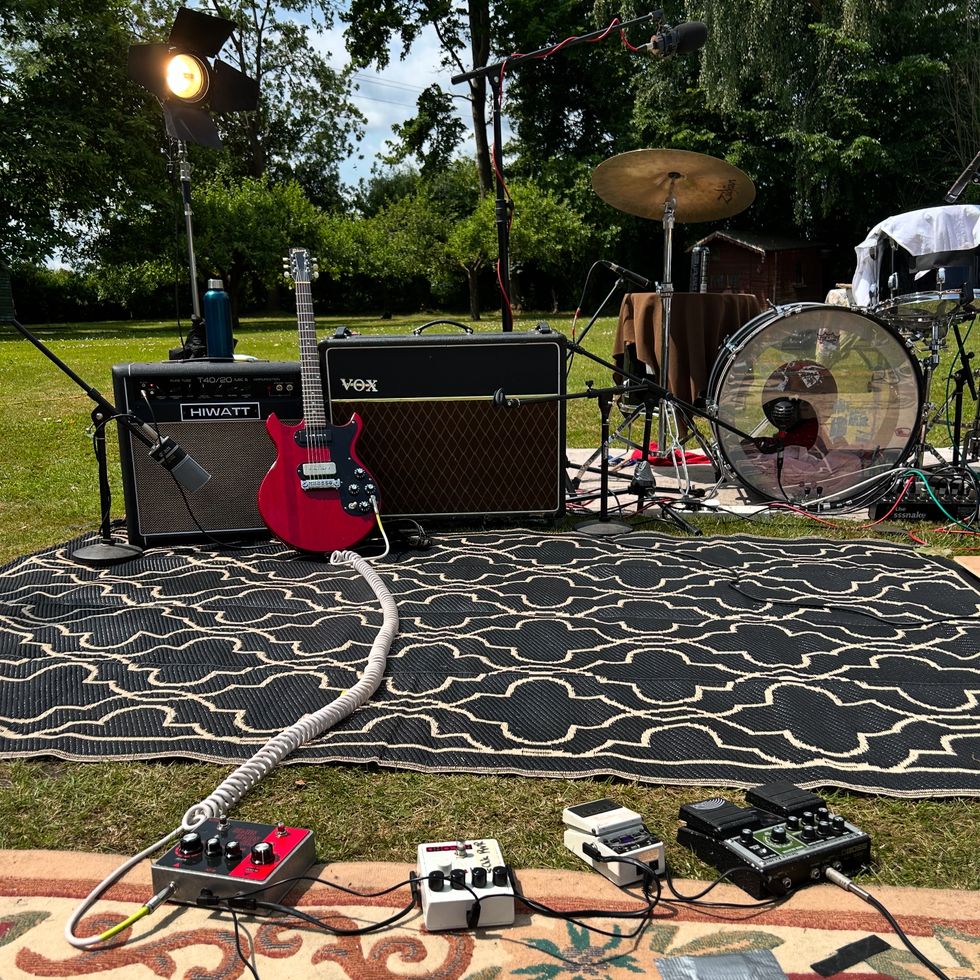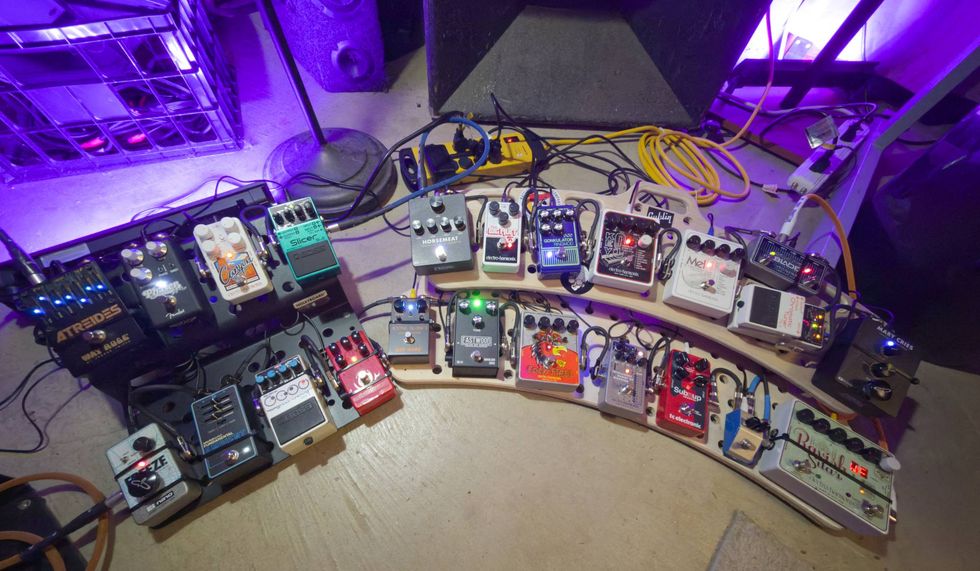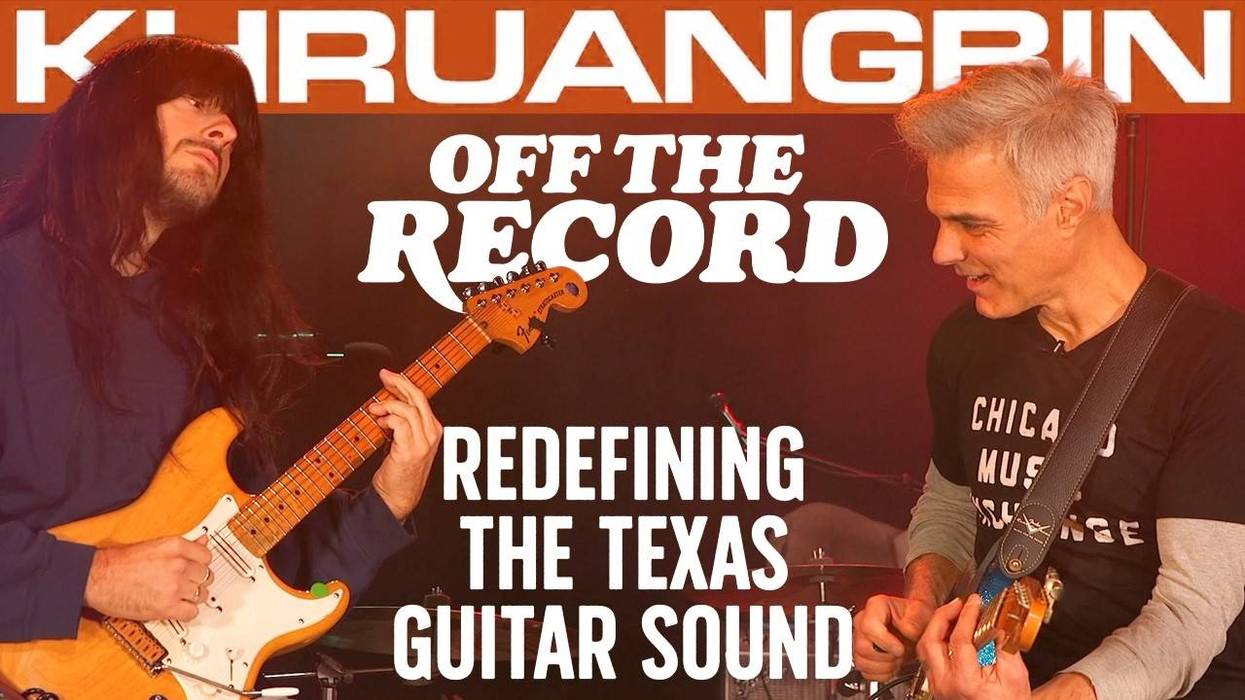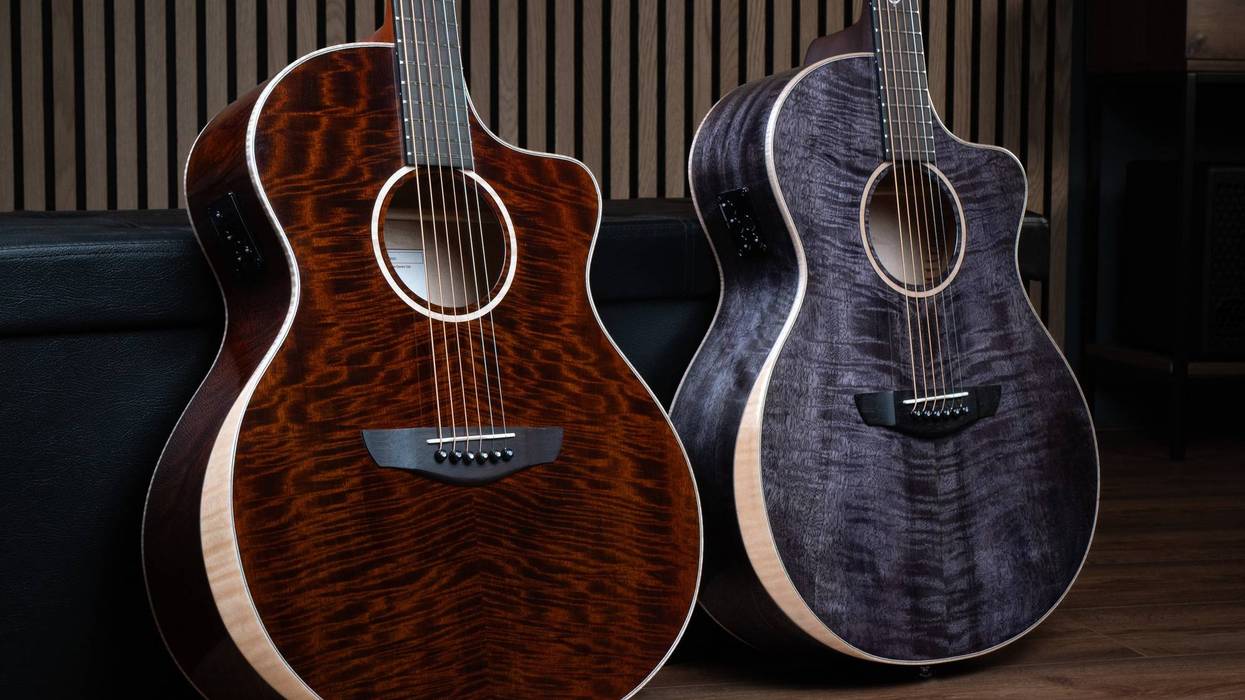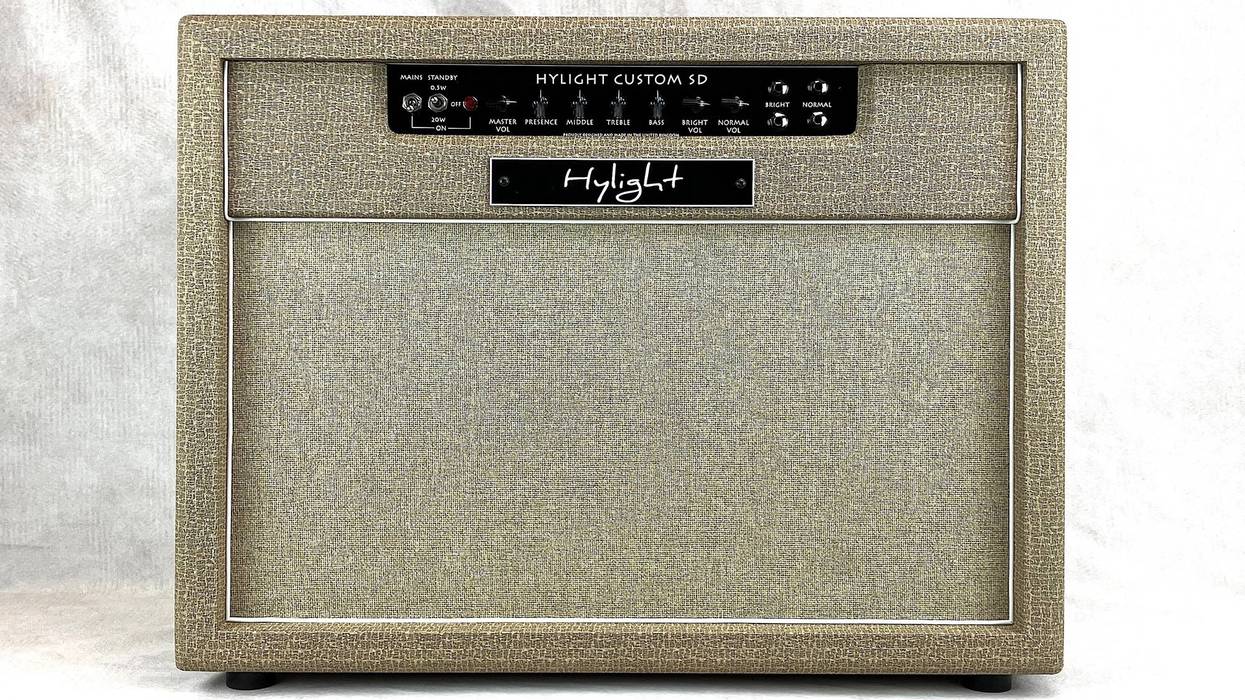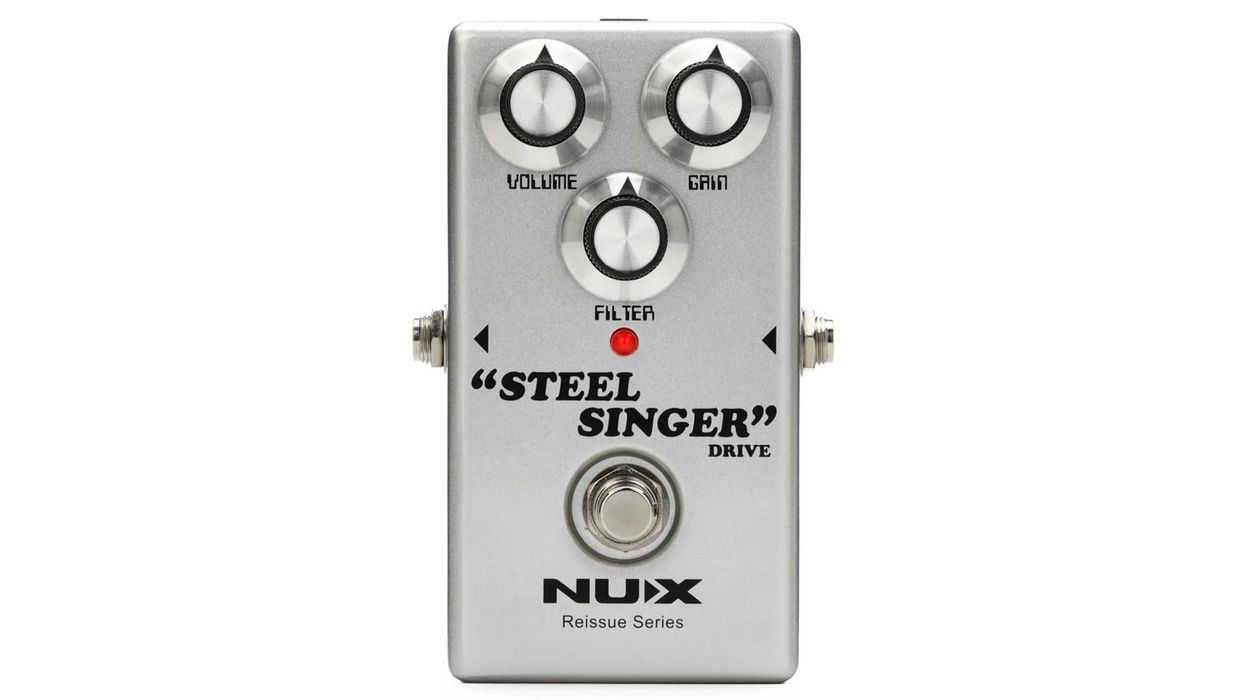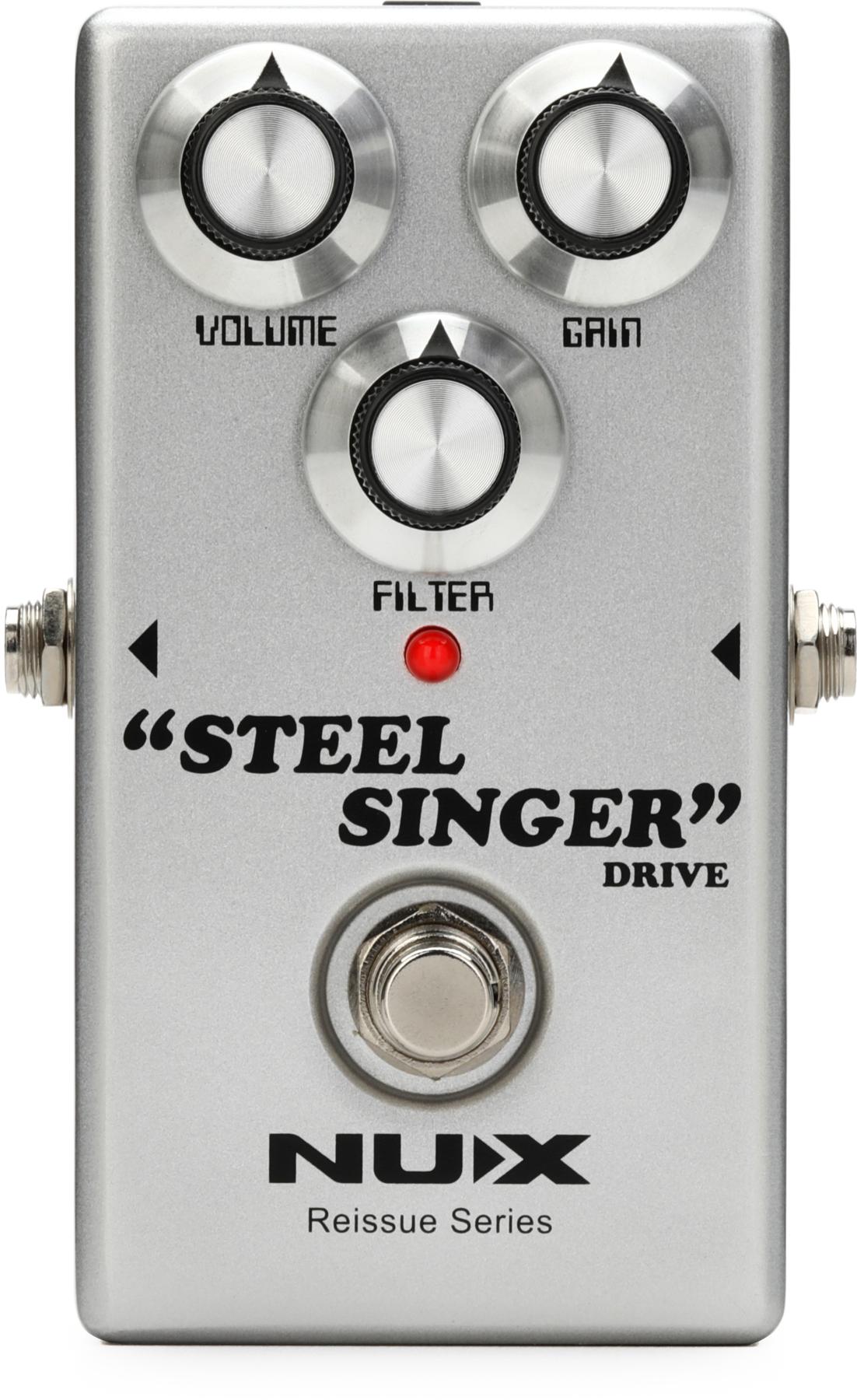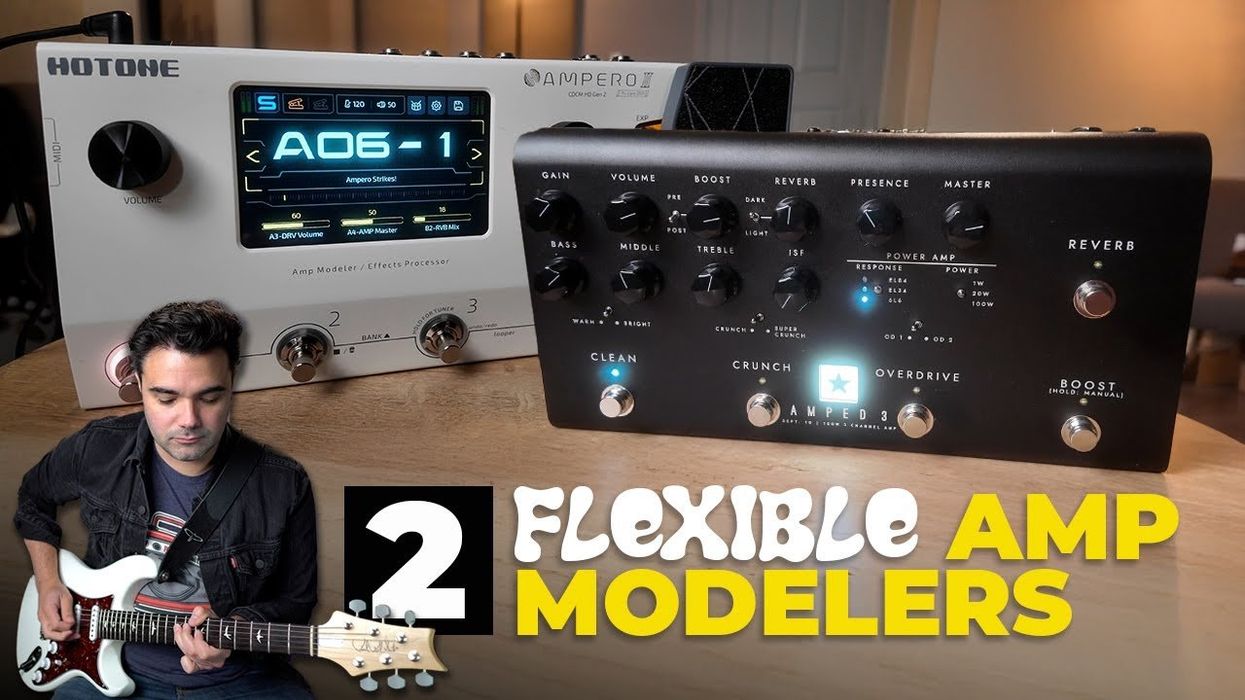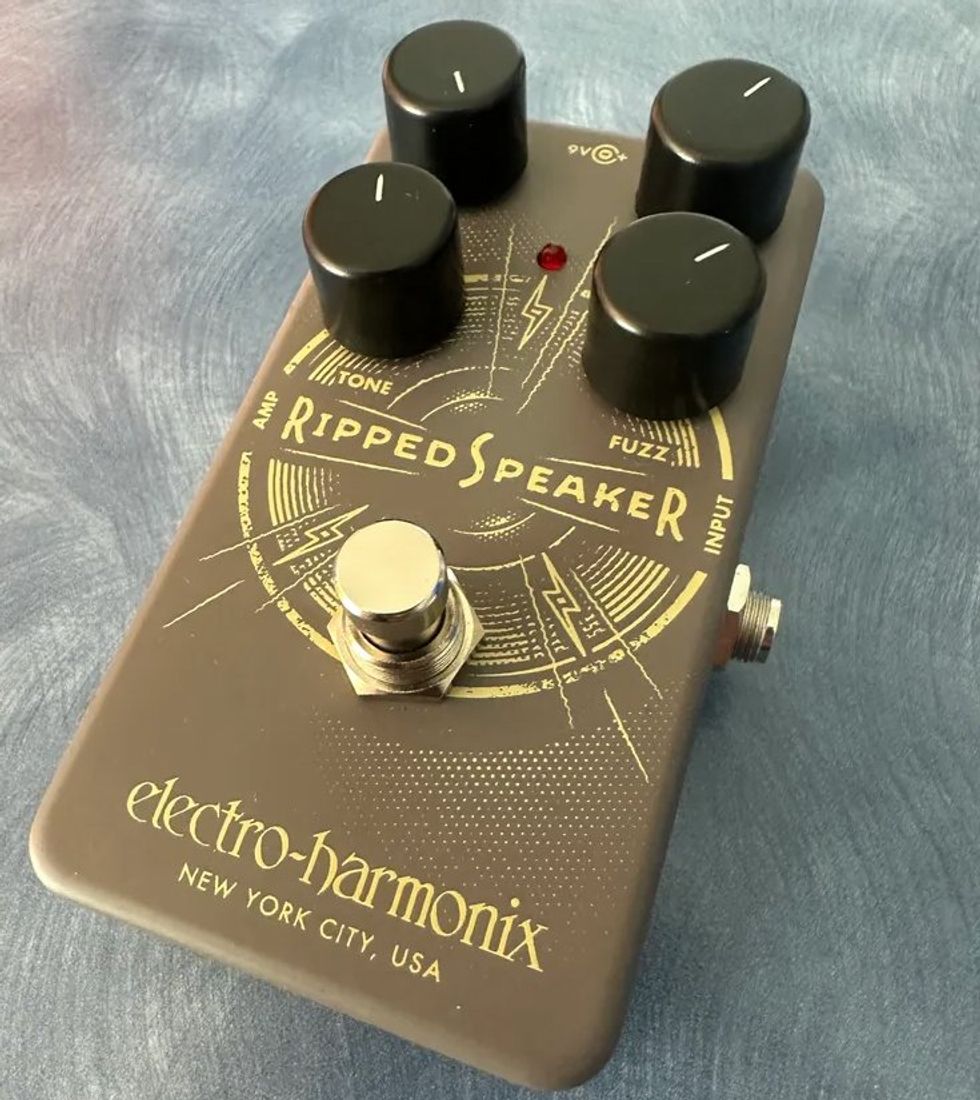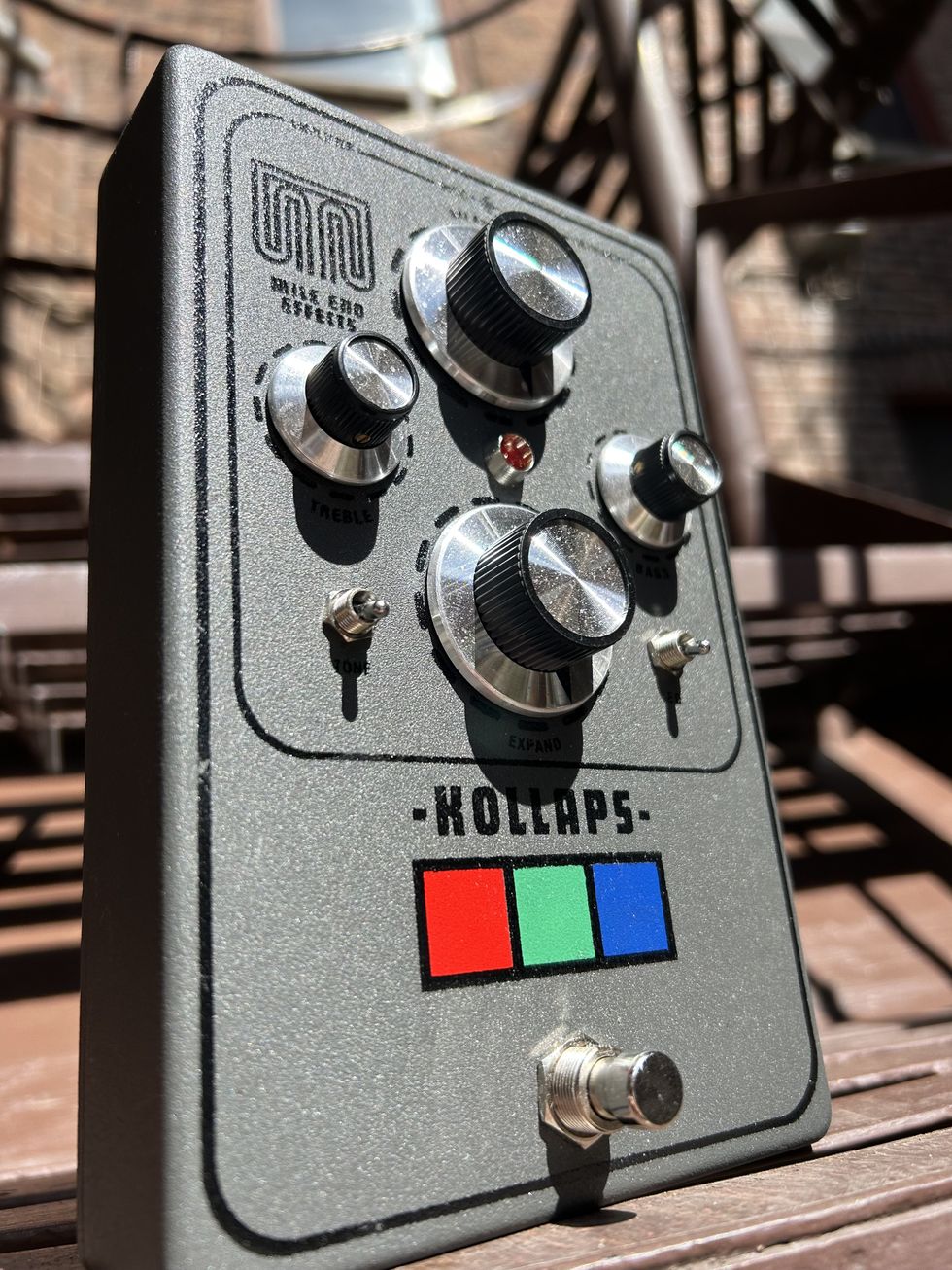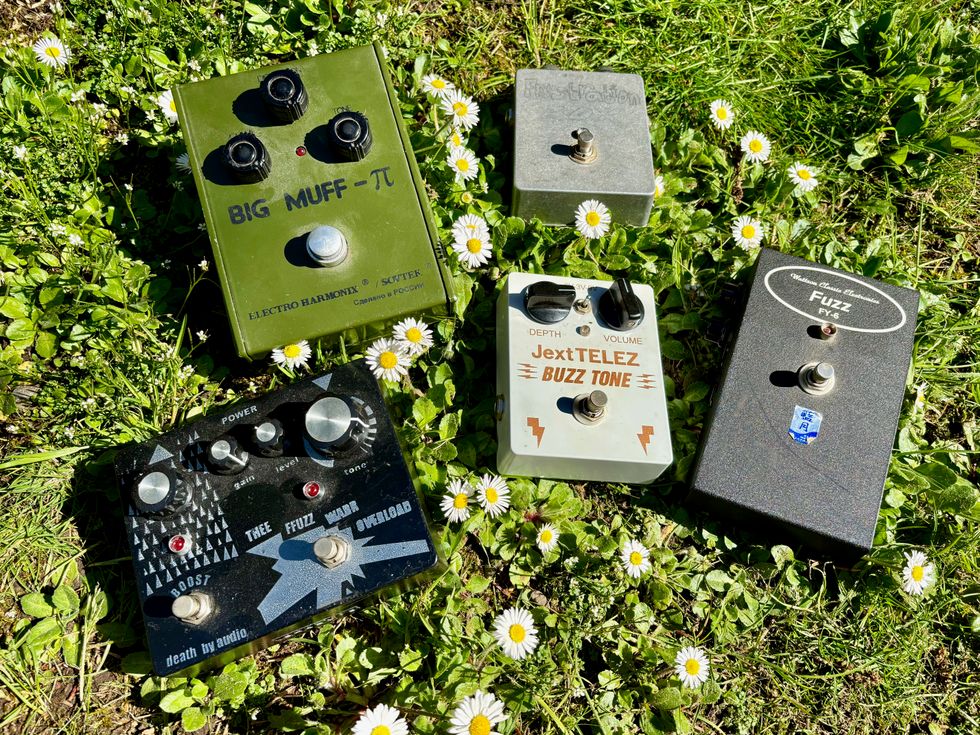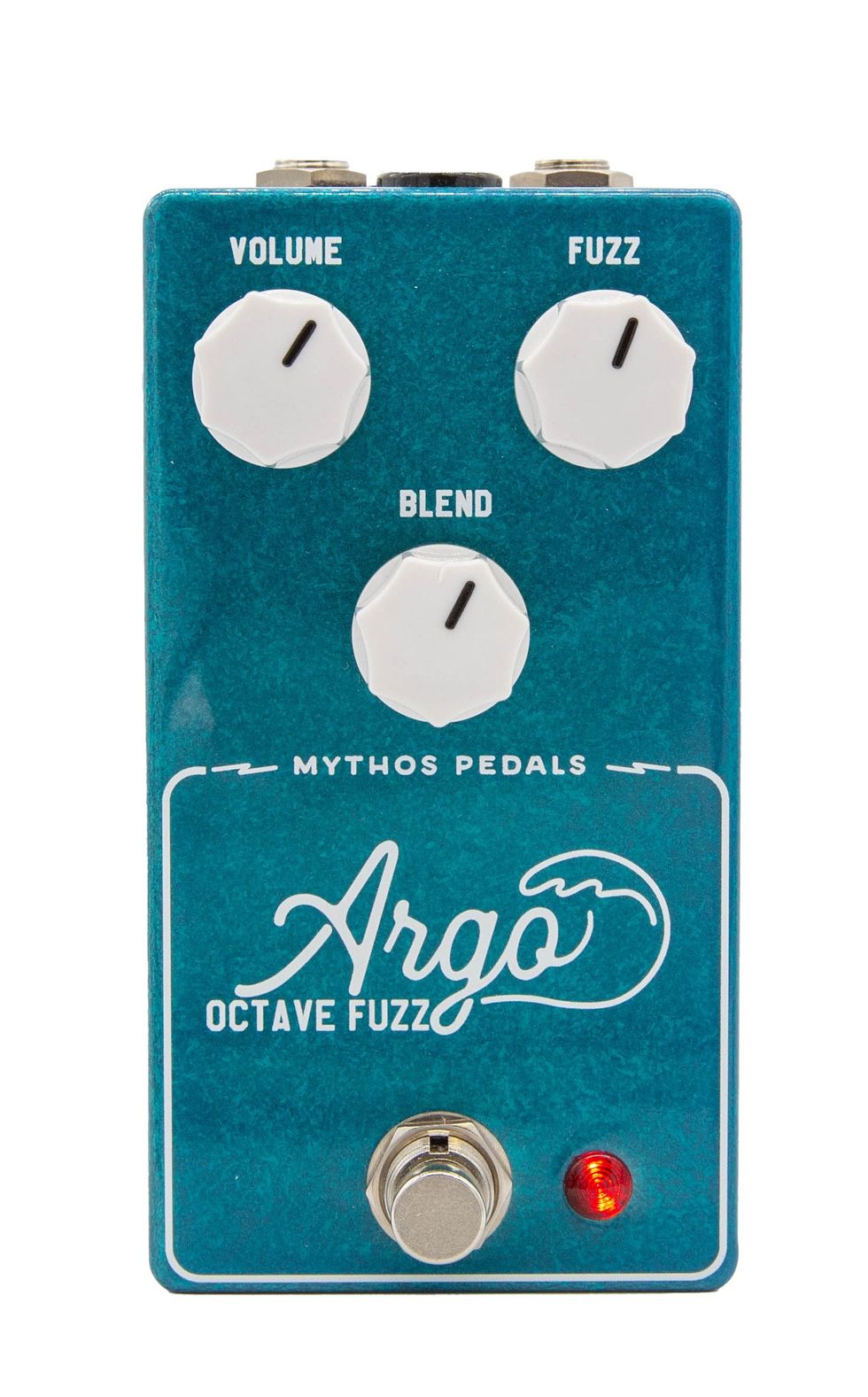Chops: Beginner
Theory: Beginner
Lesson Overview:
• Create one-chord riffs inspired by Junior Kimbrough and R.L. Burnside.
• Learn how to make static grooves more rhythmically interesting.
• Develop a better sense of the North Mississippi style of blues playing.
Click here to download a printable PDF of this lesson's notation.
PG’s Beyond Blues series is about exploring music and guitarists who can potentially introduce new ideas and sounds to your playing, and this creative inspiration can come from many sources—some complex, some deceptively simple.
North Mississippi hill country blues—which is distinctly different from Delta blues—has had a huge revival in recent years, thanks to bands like the North Mississippi Allstars, Alabama Shakes, and most notably, the Black Keys. Inspired by such blues pioneers as Mississippi Fred McDowell, Junior Kimbrough and R.L. Burnside, this revival features soulful singing and churning, pentatonic-based riffs. And those riffs are really the key here. Instead of circling through the tired 12-bar form, in this more trance-oriented style, musicians typically sit on one chord for a long time, working with rhythm and repetition to cast a hypnotic spell.
Since 2002 Dan Auerbach and his partner in crime, drummer Patrick Carney, have released eight records, sold millions of albums, and earned numerous Grammy Awards. The duo developed their sound by combining garage rock and blues riffs delivered with a ton of fuzz.
Before kicking on the fuzz pedal, let’s start by exploring some of the traditional influences. In Ex. 1, I’m playing with just the thumb and fingers, and keeping a steady low E going throughout. This is a great approach for accompanying a singer, and using melodies against a repeating bass note helps to get extra mileage out of one chord.
Click here for Ex. 1
For the remaining examples, I’ve set up two fuzz pedals—one of which is fat and bassy. In this style of blues, which is often presented in a power-trio setting, you need to get as much meat in the sonic space as possible, and a humbucker-equipped guitar will help you get the desired results. I’ve seen these riffs played on everything from vintage pawnshop finds to big hollowbody jazz boxes—it’s all about the attitude.
In Ex. 2 we’re simply playing the notes of E minor pentatonic (E–G–A–B–D) with a big sound and big attitude. In a riff like this, it’s as much about playing the rests as the notes. To lock in with the bass, make sure you’re silent when you should be.
Click here for Ex. 2
Ex. 3 takes the same setting, but approaches it a bit differently. In Ex. 2 we were using pentatonic scales to create great big riffs, but in this example we’re sitting in the open position and letting the open strings ring out. The open-string fill in the fourth measure is a big part of the style.
Click here for Ex. 3
Finally, let’s look at layering two guitar parts, an approach that plays a big role in Auerbach’s recorded work. Having a thumping riff in sync with the bass and adding pentatonic melodies on top creates a “question and answer” vibe.
The riff on the bottom (Ex. 4) uses notes from the C# minor pentatonic scale (C#–E–F#–G#–B) with a very simple rhythm that forces you to stamp your foot. In the last measure I’ve added a pentatonic fill for interest.
Click here for Ex. 4
The melody on top (Ex. 5) is incredibly simple and sticks to the C# pentatonic scale. In the eighth measure, we sync up with the bass riff. This melody doesn’t need to be played as written. In fact, it’s fun to vary the phrasing as you repeat the riff over and over. Just remember, less is more in this style.
Click here for Ex. 5
Dig in hard here and try writing some of your own riffs. Hey—it’s a great opportunity to crank up your guitar!





